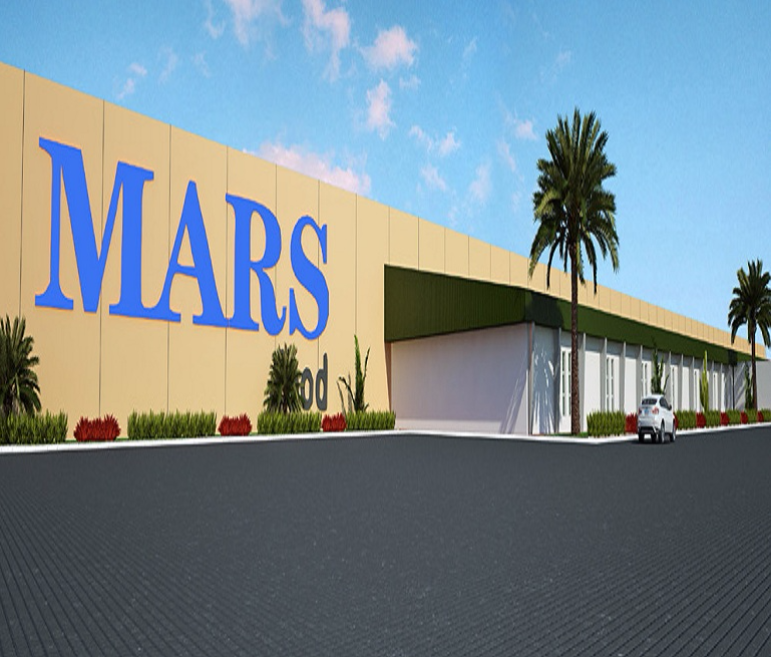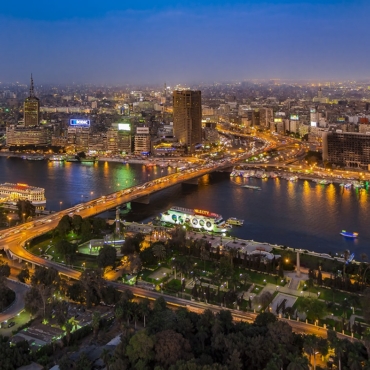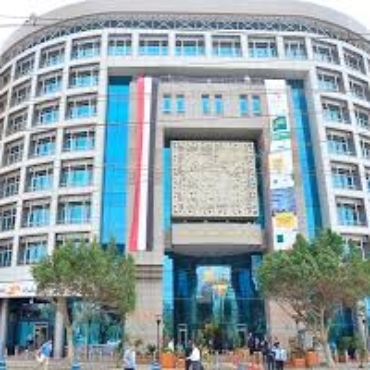Education and Training: We conducted training sessions for construction teams to raise awareness about waste segregation, ensuring that all personnel understood the importance of separating recyclable, non-recyclable, and hazardous materials.
On-Site Waste Separation: We established designated areas for different types of waste, making it easier for workers to dispose of materials correctly and efficiently.
Regular Monitoring: Our team conducted regular inspections to ensure compliance with waste management protocols and to identify areas for improvement.
3. Compliance with LEED Regulations: Under LEED regulations, Ertekaa ensured that waste management practices contributed to the overall sustainability of the MARS project. Key highlights include:
Reduction of Waste Sent to Landfills: By implementing effective waste separation and recycling initiatives, we significantly reduced the amount of waste sent to landfills, contributing to LEED credits for waste management.
Recycling and Reuse: We collaborated with local recycling facilities to process recyclable materials and identified opportunities for reusing materials on-site, further minimizing waste.
Documentation and Reporting: To maintain transparency and accountability, we meticulously documented waste management processes and provided regular reports to project stakeholders, showcasing our achievements and areas for ongoing improvement.
4. Environmental Impact: Through our dedicated efforts, Ertekaa not only supported the MARS project in meeting LEED requirements but also significantly reduced its environmental impact. Our initiatives fostered a culture of sustainability among project workers and stakeholders, highlighting the importance of responsible waste management in construction.
5. Conclusion: Ertekaa’s work in waste management at the MARS project exemplifies our commitment to sustainability and environmental stewardship. By adhering to LEED regulations and implementing effective waste management strategies, we contributed to a cleaner, healthier environment while supporting the project’s goal of becoming a leader in sustainable food production.




